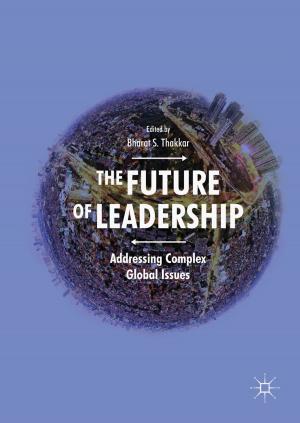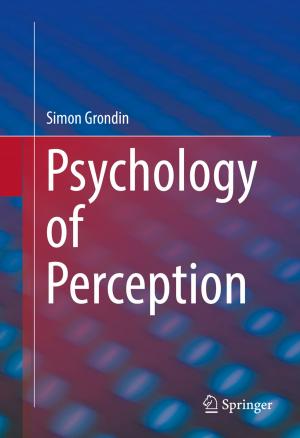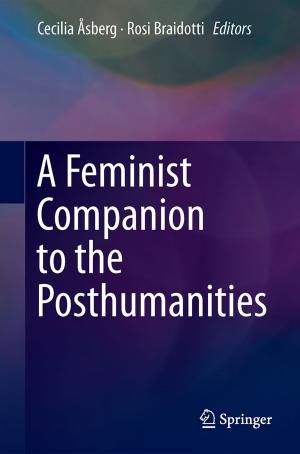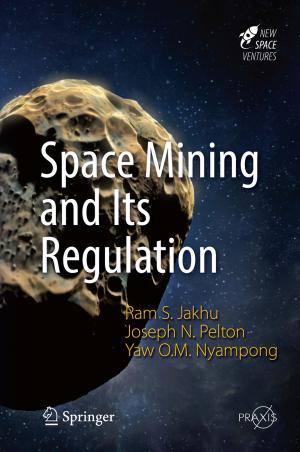Democracy under Threat
A Crisis of Legitimacy?
Nonfiction, Social & Cultural Studies, Political Science, Government, Democracy, Social Science| Author: | ISBN: | 9783319894539 | |
| Publisher: | Springer International Publishing | Publication: | May 19, 2018 |
| Imprint: | Palgrave Macmillan | Language: | English |
| Author: | |
| ISBN: | 9783319894539 |
| Publisher: | Springer International Publishing |
| Publication: | May 19, 2018 |
| Imprint: | Palgrave Macmillan |
| Language: | English |
This book addresses some of the most pressing questions of our time: Is democracy threatened by globalisation? Is there a legitimacy crisis in contemporary democracies? Is the welfare state in individual countries under pressure from global trends? What are the implications of high-level migration and rising populism for democracy? Does authoritarianism pose a challenge?
The volume builds on a cross-cultural study of democracy conducted by the Transformation Research Unit (TRU) at Stellenbosch University in South Africa for nearly twenty years. Three of the countries studied – South Africa, Turkey and Poland – receive individual attention as their respective democracies appear to be the most vulnerable at present. Germany, Sweden, Chile, South Korea and Taiwan are assessed in their regional contexts. Further insights are gained by examining the impact on democracy of the global screen culture of Television and the Internet, and by pointing out the lessons democracy should learn from diplomacy to fare better in the future. The book will appeal to both students and practitioners of democracy as well as the general reader.
This book addresses some of the most pressing questions of our time: Is democracy threatened by globalisation? Is there a legitimacy crisis in contemporary democracies? Is the welfare state in individual countries under pressure from global trends? What are the implications of high-level migration and rising populism for democracy? Does authoritarianism pose a challenge?
The volume builds on a cross-cultural study of democracy conducted by the Transformation Research Unit (TRU) at Stellenbosch University in South Africa for nearly twenty years. Three of the countries studied – South Africa, Turkey and Poland – receive individual attention as their respective democracies appear to be the most vulnerable at present. Germany, Sweden, Chile, South Korea and Taiwan are assessed in their regional contexts. Further insights are gained by examining the impact on democracy of the global screen culture of Television and the Internet, and by pointing out the lessons democracy should learn from diplomacy to fare better in the future. The book will appeal to both students and practitioners of democracy as well as the general reader.















